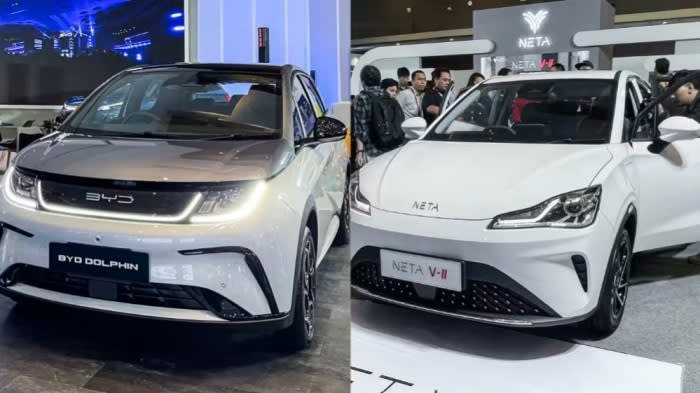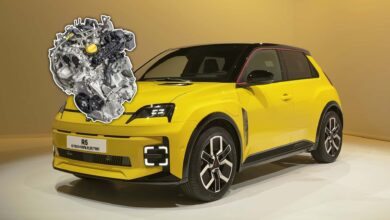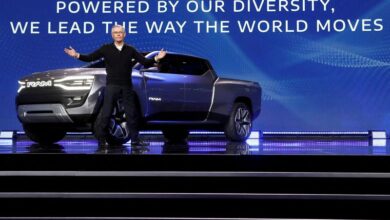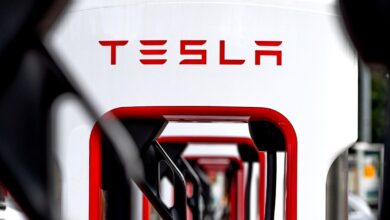US electric car transition awaits the next wave | articles

Electrification of transport will rely on global trade, but trade will face intensified barriers. The US is pushing to scale the EV supply chain. But with abundant raw materials (refining facilities), low labour costs and production capacity as well as government support, China will continue to dominate the global EV supply chain and end products. The country also has ambitious expansion plans into regions such as Europe and Latin America.
China’s domination has alarmed governments and caused them to take protective trade measures. In the US, President Joe Biden announced in May tariff hikes on imported Chinese goods, including EVs, batteries, and selected rare earth metals. The US tariffs could also have repercussions elsewhere, such as Europe. Europe has been investigating into the Chinese-exported EVs (such as BYDs) and a tariff hike could substantially affect both the European and Chinese markets.
The tariffs on EVs will have a limited impact on the US market, as Chinese carmakers altogether accounted for far less than 5% of the EVs sold in the US last year. But higher tariffs on lithium-ion batteries, critical minerals, and semiconductors as well as potential retaliatory measures in this field could have a larger impact, since many manufacturers still rely on imported Chinese supplies. Less competition could strengthen domestic EV production in the US, but it could also delay the transition to EVs and prevent consumers from more affordable cars. Even at 100%, there may still be inflow of Chinese cars as the price gap of models offered domestically and abroad is significant.
Moreover, Chinese EV manufacturers may expand manufacturing in other countries (such Southeast Asia and Mexico), reroute trade routes, and eventually get their products into the US. In such a context, EV manufacturers in the US have been exploring and would continue to benefit from strategic partnerships along the supply chain to make it stronger and more secure. Whether that partnership can exist comfortably with Chinese firms, however, remains uncertain.



